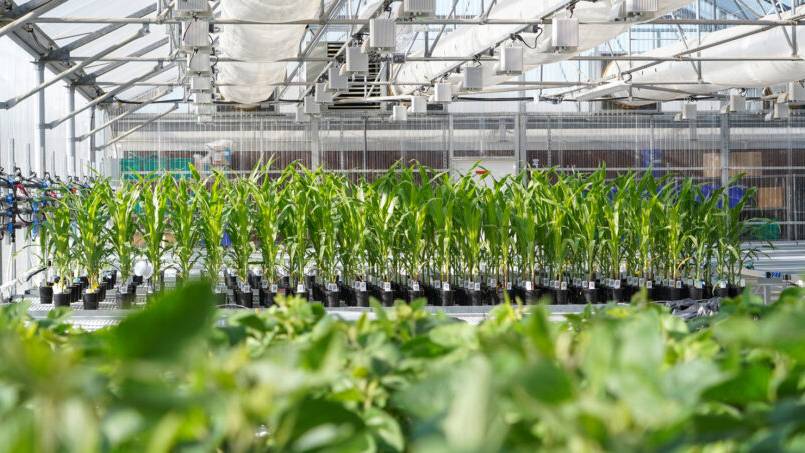USDA Decision Clears Way for BASF’s Engenia
United States Department of Agriculture’s decision on Thursday to deregulate a dicamba-tolerant trait for cotton and soybeans clears the way for the introduction of BASF’s Engenia herbicide.
Engenia herbicide will control the toughest broadleaf weeds post-emergence in dicamba-tolerant cotton and soybeans, BASF said. A registration decision by the U.S. Environmental Protection Agency (EPA) for the product is anticipated to follow.
“BASF is committed to providing new technologies for growers, as shown by our $1.5 million per day investment in agricultural research,” said Scott Kay, Vice President, U.S. Crop Protection, BASF. “Through our continued commitment to innovation, BASF will bring to market its most advanced dicamba formulation, Engenia herbicide.”
The USDA opened public commentary in the fall of 2014 regarding the trait deregulation. According to the feedback on www.regulations.gov, growers believe technologies like dicamba-tolerant cropping systems give farmers choices. Growers stated the technology is necessary so they can continue to improve their farms and remain competitive in the global marketplace by maintaining healthy yields and productivity, BASF said.
In more than 300 research trials completed in 2011 and 2012, Engenia herbicide demonstrated effective control of resistant broadleaf weeds. When Engenia herbicide is used with other BASF residual herbicides, it has shown more than 95 percent control of both grasses and problematic broadleaf weeds.
According to 2012 field research trials, Engenia herbicide has been shown more effective than 2,4-D on key broadleaf weeds, such as Palmer amaranth, waterhemp, marestail and common and giant ragweed, and provides up to two weeks of soil residual activity to control weeds before they emerge, BASF said.






